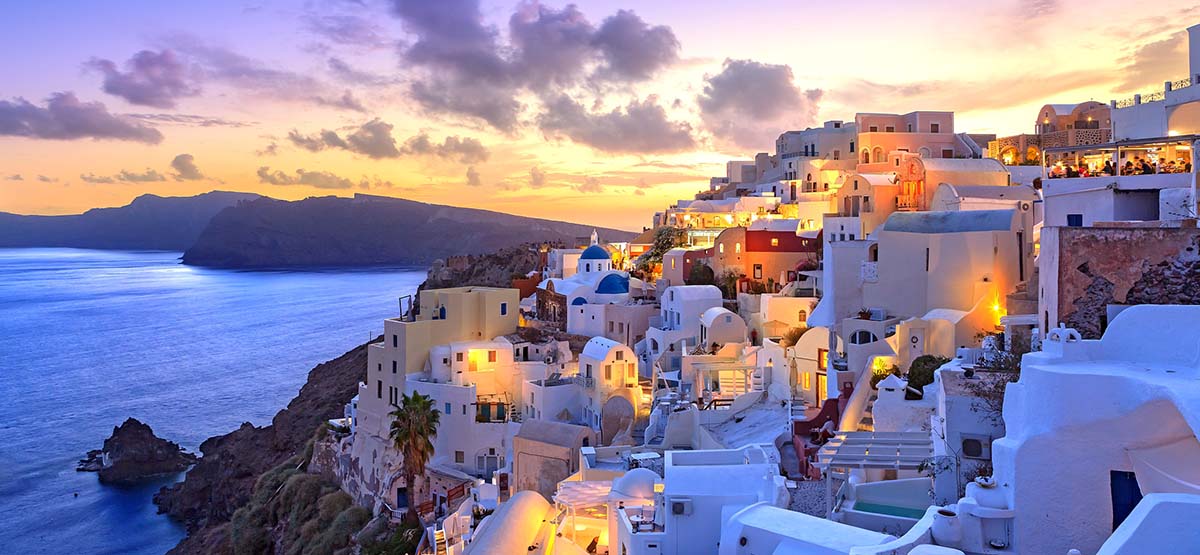
Greece It is one of the most popular tourist destinations in the world. After all, it is the cradle of our modern Western democracies and even today the ruins of its buildings and temples leave us in awe.
But how is the culture of Greece today? What can we say about it, about the customs of its people, what should be known before going ...?
Greece
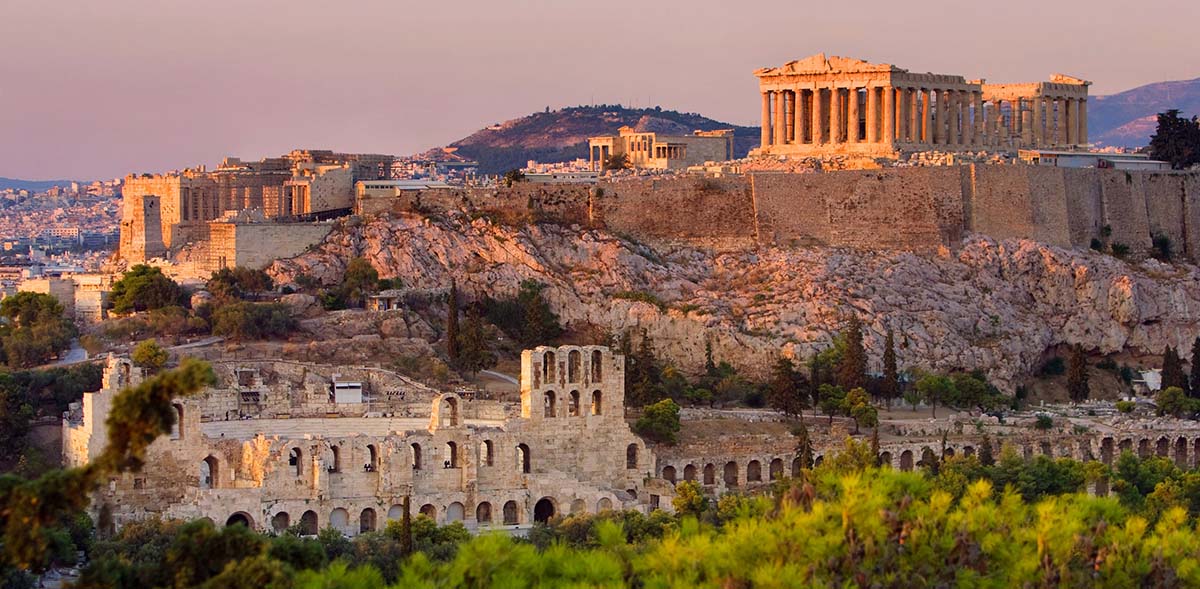
Officially it is called República Helena and is in southeastern Europe. It has around 10 million inhabitants, a little more, and its capital and most important city is Athens. The country is located very well in what were and are the best routes on the continent, joining with Africa and Asia.
Greece has a continental part and a large insular part where the Dodecanese Islands, the Ionian Islands, Crete, the Aegean Islands stand out ... We are heirs of its political sciences, its mathematics, its theater, literature and philosophy.
Greece customs
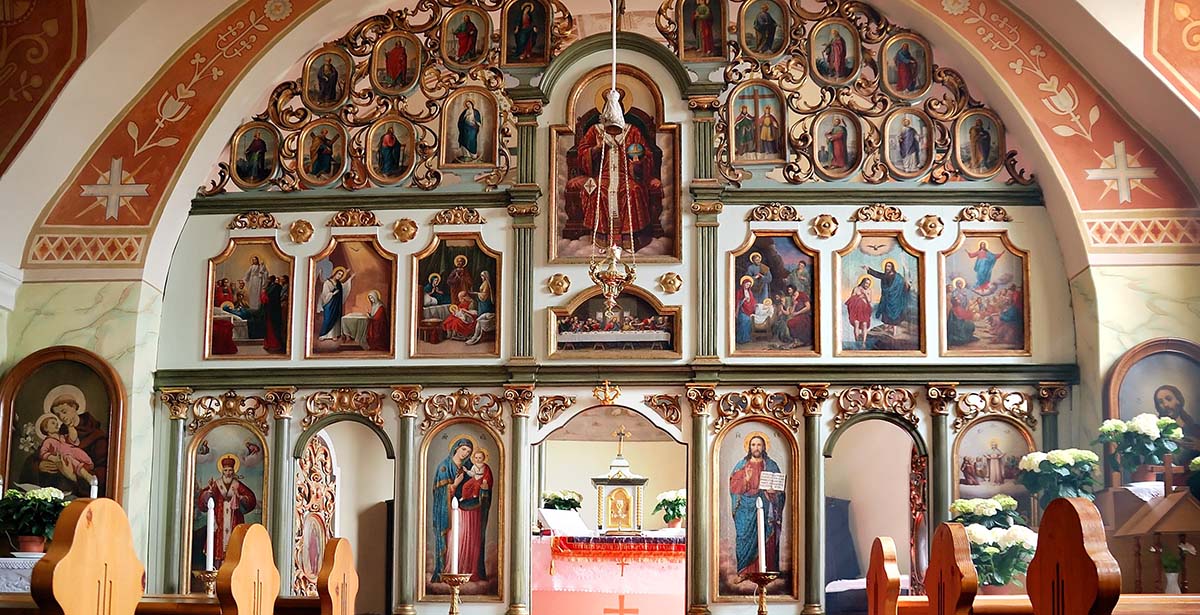
When you refer to the customs of a country, you are actually referring to what its life is like and how its people take life. We talk about food, religion, philosophy of life, art, family life, social relationships ...
With respect to greece religion although all religions are present there is the Greek Orthodox Church and it has a lot of influence on society. There are churches everywhere, even in small towns, and that temple is the true heart of the place. Churches, chapels scattered here and there, even in strange places, remote or with wonderful views of the sea.

The Greek Orthodox Church It is the second largest Christian church And it has about 220 million members, at least that's what the baptism record says. There is no figure like that of the Pope, but there is the Ecumenical Patriarch of Constantinople that all bishops recognize as the first among peers. This church has greatly influenced the East, Southeast or the Caucasus.

In relation Greeks value the family very much. Young people are expected to take care of their elders, who generally do not live far away or may live in the same household with their own family. Family inheritance, the legacy of parents and grandparents, carries a lot of weight, both economically and psychologically. Older generations tend to take a calmer pace of life, without much clock, so that is what you should expect when you leave Athens or other cities. It must also be said that in the 80s the Greek Civil Code changed Regarding family law: civil marriage appeared, the dowry was eliminated, divorce was facilitated and patriarchy loosened a bit.

However, the same thing happens in work environments as in any other western country. The Greeks they work a minimum of eight hours five days a week, so they spend a lot of time away from home. Many people, and when I say a lot I mean a lot, are dedicated to the world of tourism. Directly or indirectly much of the national economy revolves around tourism, something that today is very complicated.
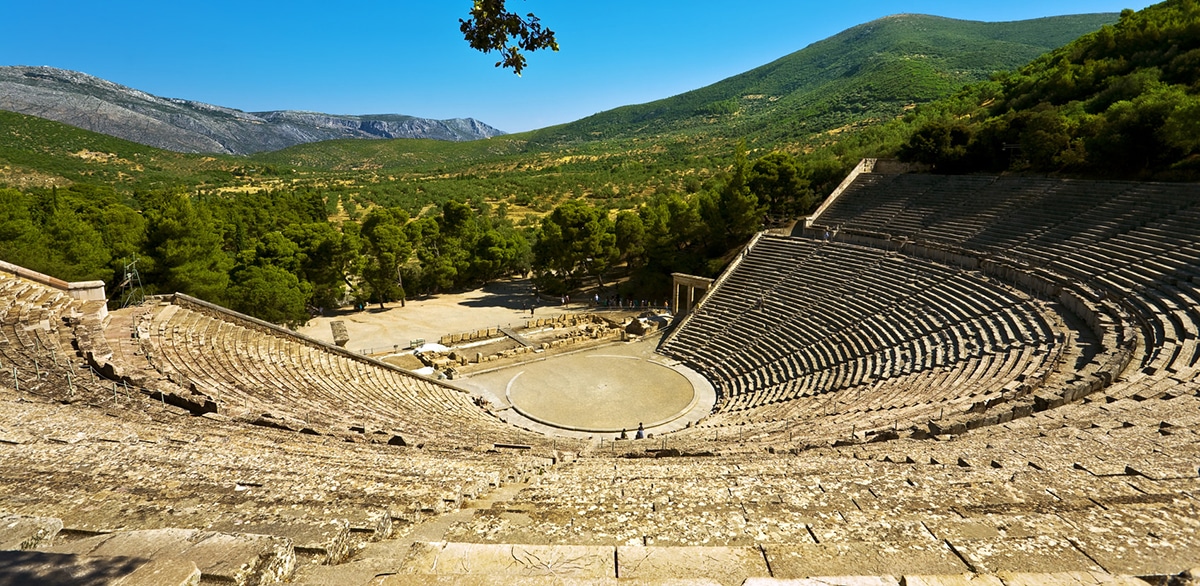
The Greeks have loved the theater for thousands of years and it is enough to visit an amphitheater to recognize it. You have to go back to the ancient drama with its two genres: drama and tragedy and names like Euripides or Sophocles, but the love for theater continues to this day and many times in the same ancient amphitheaters. The experience in those places is fantastic. Aim: epidaurus and Odeon of Herodes Atticus.
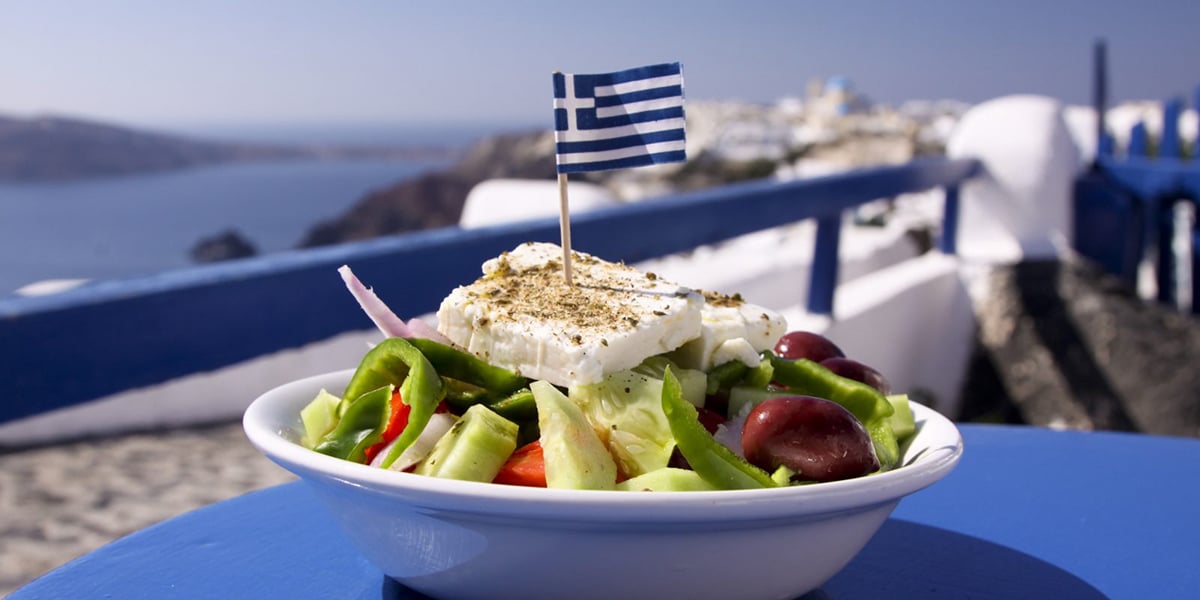
And what about the greek gastronomy? You will not be disappointed, of course: fresh vegetables, cheeses, meat, olive oil, the best and most representative of the call Mediterranean food. You can't leave Greece without trying suvláki, yemista, pastítsio, musakas, baklava, katafai... There are some fried tomato croquettes that are a delight ... And where can you eat all this and much more? Well, in taverns or restaurants and if they are small and familiar, much better. A glass of uzo and some mezedes and enjoy the talk.
Obviously, the gastronomy varies according to the area of Greece. For example, in the north of the country, which was dominated by the Ottoman Empire until 1912, the cuisine still reflects the Ottoman influence.
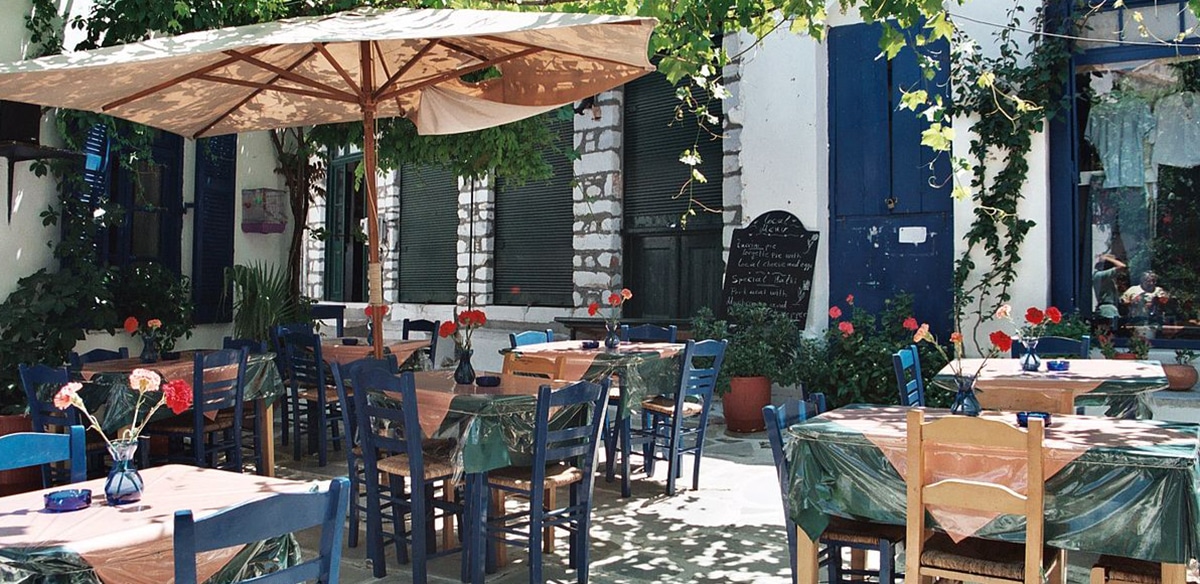
The truth is that the Greek lifestyle has its variations depending on the time of year. Summers here are very hot so social life is outside. It often happens that in towns and villages, when the sun goes down, people go for a walk along the main street or, if it is an island, along the coast. It is the classic time. Both in summer and winter cafes are always busy, although there are always a majority of men.
And what about the holidays and holidays? The most important festive periods are the Easter and the Assumption of Mary in the middle of August. Easter is a true family holiday and people usually return to their homes, in other cities, towns or villages, to spend it with the family and to do the vigil in the local church on Saturday night until the Sacred Fire is lit at midnight. August is, on the other hand, the month of secular holidays, so to speak.
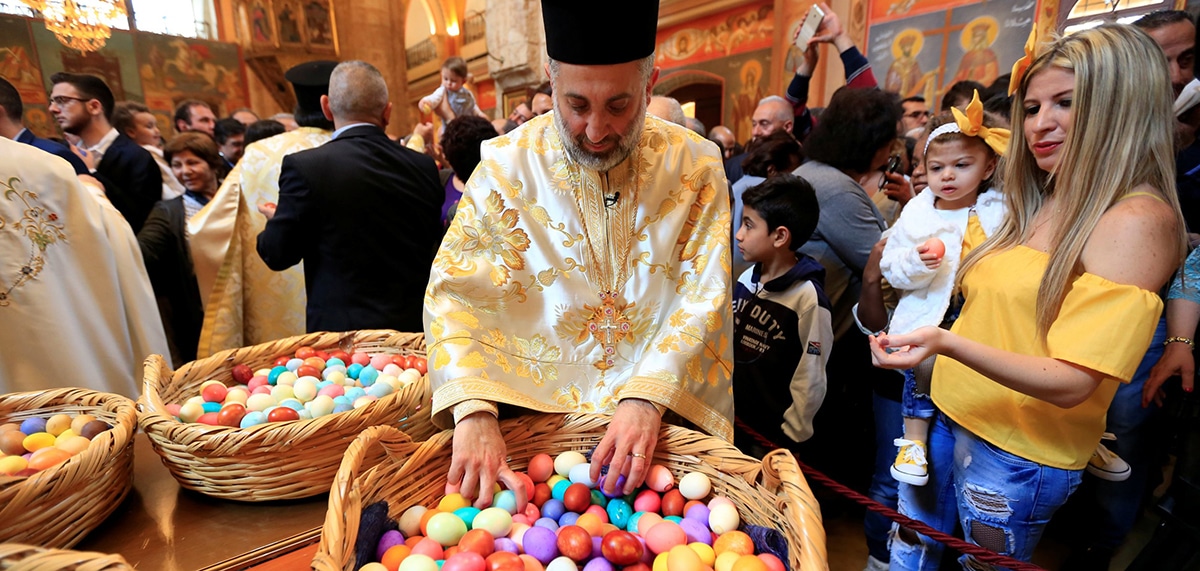
We already know that the culture of Ancient Greece is super important, but it must be said that in modern Greece culture and the arts also have their place. As we said, the theater is still alive but also there are music and dance festivals, especially in the summer months, throughout the country and with local and international artists. Just as we name the Epidaurus theater or Herodes Atticus, being in the ancient Acropolis of Athens to attend a concert has no equal.
What sport do Greeks like? Football, soccer is the national sport although it follows him very closely by basketball. In fact, in international championships basketball has done and is doing better than Greek football. Skiing, hiking, hunting, hockey, baseball are also practiced here.
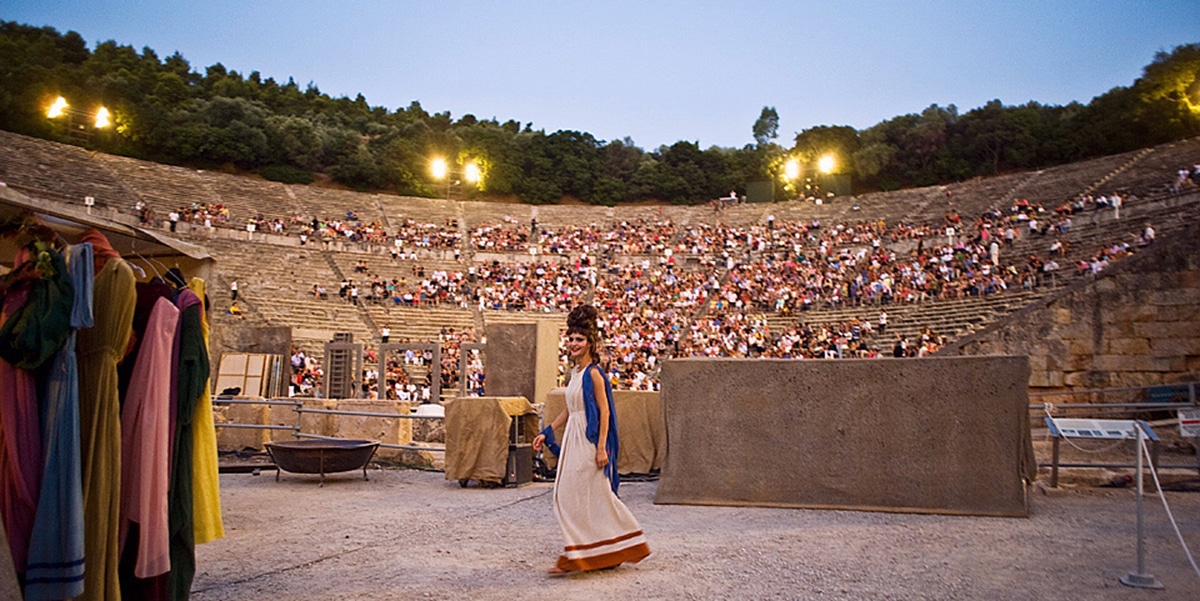
Some advice: the typical greeting between men and women is a handshake, although if it is a question of friends there is a hug and a kiss on the cheek, if there is an age difference to the older one, it is treated with respect, for the surname or title, at least until we are invited to address it by its first name, "Yassas" means hello.